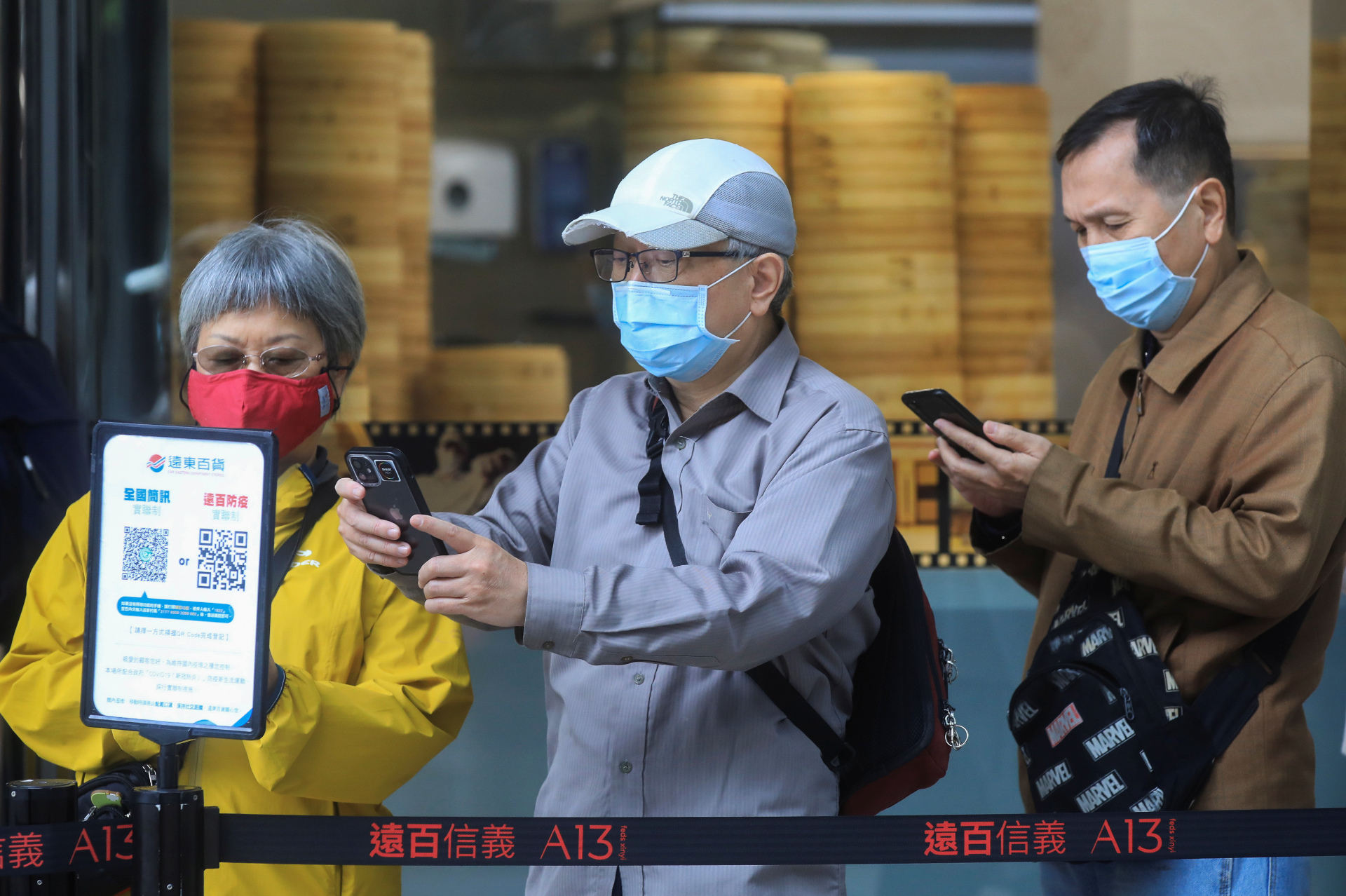Taiwan rolls out digital vaccine certificates recognized by 60 countries
Sixty countries, including the U.S. and EU member states, will now accept Taiwan’s official digital vaccine certificate as proof of vaccination or PCR test results.

Taiwan citizens and residents can now present a digital certificate when entering 60 countries, including the U.S. and EU member states, to provide proof of vaccination or PCR test results.
The certificate will guarantee quicker and easier travel to the countries that have accepted Taiwan’s COVID passports but does not replace travel documents or change entry conditions.
“[The EU’s recognition of Taiwan’s certificate] represents the EU’s affirmation of the Taiwanese government’s accomplishments in epidemic prevention over the last two years,” a spokesperson at Taiwan’s Ministry of Foreign Affairs told Formosa TV News.
Chen Shih-chung (陳時中 Chén Shízhōng), Taiwan’s health minister, said EU recognition of the vaccination certificate did not represent recognition of Taiwan’s domestically produced Medigen vaccine. “Regarding the recognition of specific vaccines, every country uses different standards. This decision is saying that our certificate is valid,” he said.
Each certificate’s QR code contains a unique digital signature that contains all of a person’s information, rather than being displayed on the certificate itself, and can be saved directly to a device or printed out.
Audrey Tang (唐鳳 Táng Fèng), Taiwan’s digital minister, who developed the platform, said features added to Taiwan’s vaccine passports made improvements on other countries’ models, subsequently allowing for a shorter waiting time for a valid certificate, greater device compatibility, and lower development costs.
“For Taiwan, which takes international business and trade as its important economic lifeline and has a huge amount of overseas travel, holding a ‘digital vaccine passport’ is undoubtedly the first step to reconnect with the world,” Tang wrote in November.
“Let’s get ready for the post-pandemic world,” Tang added on Twitter this week.
But Taiwan remains mostly cut off from the rest of the world, reluctant to lower its border restrictions or shy away from its “zero-COVID” policy, particularly with the onslaught of the Omicron variant. It has increased restrictions on entry as new outbreaks appear around the world and an increasing number of imported COVID-19 cases, including Omicron cases, are detected among entering residents and nationals.
The 14-day quarantine requirement upon entry has also been maintained by the government, though in response to an increase in travelers in anticipation of the Lunar New Year holiday, fully vaccinated travelers have the option of selecting a “7+7+7” option until February 14: seven days in a hotel, followed by seven days of quarantining at home and an additional seven-day self-health management period.
Domestic cases, though, have remained low in recent months.
Chen has said that international travel to places like Europe and the U.S. without home quarantine is unlikely in the short term due to high case numbers in those regions, but that travel to Japan is a more likely prospect that could be considered.






